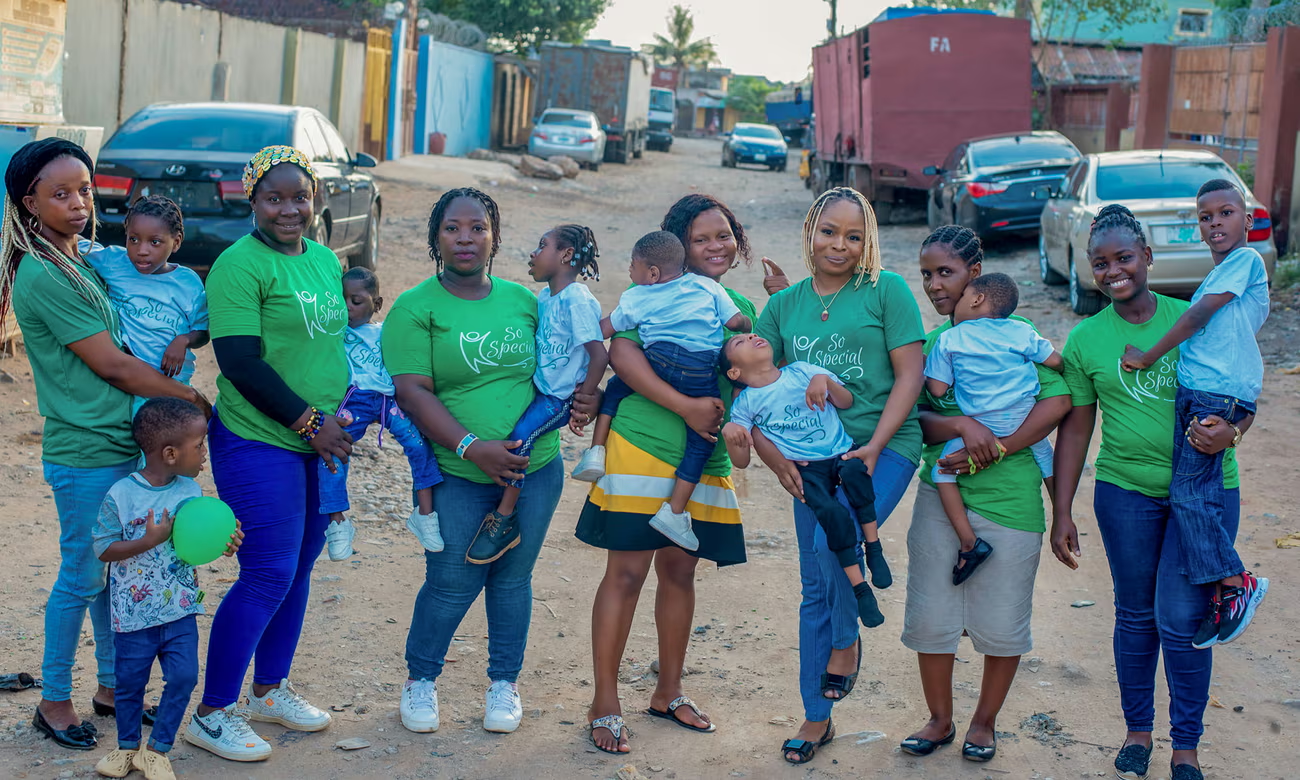“Bangladesh healthcare”

Bangladesh Healthcare : Breaking Stereotypes of Poverty and Political Unrest
Bangladesh’s questionable reputation tends to overshadow the quality of its healthcare; when Bangladesh was created in 1971, It was one of the world’s poorest nations when it was created in 1971.. Bangladesh healthcare also suffers because of perceptions of political instability—just this year, massive protests led to the resignation of the prime minister, with an interim government now headed by Nobel Prize winner Muhammad Yunus.
However, these stereotypes of Bangladesh healthcare stand debunked. The country rapidly advanced to the ranks of lower middle-income economies with an average income of about $2,500 while aiming to shake off the UN’s list of least developed nations by 2030.
Bangladesh healthcare has also made tremendous improvements along with such economic growth. Two statistics throw light onto how great strides the country has taken in transforming healthcare.
Life expectancy in Bangladesh was around 58 years in 1990, but by 2019, it had significantly increased to 74 years. These statistics are drawn from a series of reports.studies published in The Lancet Moreover, deaths from all causes experienced a significant reduction, dropping from 1,500 deaths per 100,000 people in 1990 to 715 deaths in 2019.
Bangladesh Healthcare: Remarkable Progress Amid Economic Constraints
Bangladeshi healthcare has achieved tremendous progress, yielding impressive public health outcomes despite a low GDP per capita of $2,688.31 and health expenditures comprising only 2.36% of its gross domestic product. In contrast, many lower-middle-income countries allocate 4% to 6% of their GDP to healthcare but rarely experience such sweeping changes.
As a native of Kashmir, I am familiar with the challenges and opportunities in the region. During my medical training in Dhaka, I witnessed firsthand the transformative initiatives at work.
International assistance and financing have propelled community-based health programs, which are essential for Bangladeshi healthcare. Grassroots health workers lead these efforts, supported by small health centers.
Health facilities in Bangladesh provide critical reproductive services for women while vaccination campaigns and nutrition education form the backbone of public health improvement in the nation.

“A significant advancement in Bangladesh”
Bangladesh healthcare is also renowned for being the birthplace of the oral rehydration solution, also known as ORS. The principle is simple but very effective: a drink from salts, especially sodium and potassium, mixed with sugar and water, to be administered to patients suffering from severe diarrhea, so that they will be provided with the fluids and nutrients lost in such weakening conditions.
Bangladesh healthcare gained this monumental victory with the scientific effort of researchers Rafiqul Islam and Majid Molla at the Cholera Research Laboratory in Dhaka, now the International Centre for Diarrheal Disease Research, Bangladesh (icddr,b). The American doctors David Nalin and Richard Cash joined them and their findings led to the salient steps that were taken forward in the treatment of dehydration resulting from diarrhea.
The success created by the healthcare of Bangladesh in developing ORS has been a game-changer for this world because it saves tens of thousands of lives across the globe. Because it is simple and effective, such solutions are an integral part of the treatment of dehydration, especially among people facing public health issues.
Bangladesh health studies found a remarkable drop, 80%, in intravenous fluid requirement for the treatment of cholera among adults when ORS alone was given. This therefore underscored proper use of ORS in the management of severe dehydration, and its potential to revolutionize the practice of treatment.
Bangladesh’s healthcare oral rehydration solution has been credited for the saving of more than 50 million lives throughout the 20th century. According to Global Health Specialist Thomas J. Bollyky, who works for the Council on Foreign Relations by holding the Bloomberg Chair in Global Health, ORS remains among the most important discoveries in public health.
The Lancet has also found Bangladesh healthcare as an innovation that may be considered the most important medical development of the 20th century. Such recognition underlines the importance that ORS has in dealing with dehydration, especially in areas suffering attacks from cholera and other diarrheal diseases.
Bangladesh healthcare indeed pays much emphasis to the fight against communicable diseases in being a continuing thrust. The World Bank has worked in partnership with Bangladesh for 50 years of development and committed an amount of around $40 billion as grants and concessional loans. This effort targets upgrading curative, preventive, and referral services for infectious diseases. This does reflect the urgency of concerted health strategies.
Bangladesh’s healthcare is more dramatically challenged by mosquito-borne diseases such as dengue because of the rise in prevalence during this time under climate change. Although deaths from many infectious diseases, for instance, tuberculosis have declined, there is considerable work to be done to maintain and expand the progress achieved in a few domains: vigilance and continued public health investment are essential to sustain and improve these gains.
In response to this call, the country has invested in primary care services for hypertension screening through funding of $200 million from the World Bank. Since it was approved in August 2023, it needs sustained input from the government to set up the primary health care centers and keep the monitoring programs running.
The other areas of the health care structures are understaffed facilities with high out-of-pocket costs which lack equity in providing an equal opportunity for care for its population.
To cope with these challenges, WHO is collaborating with the Ministry of Health and Family Welfare of Bangladesh to form the country’s first-ever national medical education strategy. The strategy provides strategic direction to address the major gap in trained health workers through investments in curriculum development processes, accreditation, and faculty training.
Bangladesh healthcare benefits from the legacy of global health agencies that provide assistance to crisis-stricken countries. For example, the Global Fund to Fight AIDS, Tuberculosis, and Malaria recently approved $989,687 in emergency funding to support the distribution and availability of critical medicines in Sri Lanka following a political crisis in 2022.
Bangladesh healthcare requires these organizations to take on more significant roles during this transition period. The World Health Organization (WHO), UNICEF, and other major nongovernmental health and development organizations should work in synergy to safeguard the country’s advancements and sustain momentum on the most pressing issues facing Bangladesh.
The citizens of Bangladesh would provide wonderful support for the health care sector. I witnessed their remarkable resilience firsthand. I volunteered with the International Committee of the Red Cross in Dhaka, providing basic clinical care and teaching disaster response skills, as my efforts during the tragic collapse of the Rana Plaza building in Savar in 2013, killing over a thousand garment factory workers.
Despite it being one of the worst industrial disasters in the history of the country, the people of Bangladesh were united in their efforts. People from multiple walks of society and varying economic levels volunteered to try to rescue as many individuals as possible from beneath the rubble.
This local and global spirit of collaboration is necessary to continue ensuring that Bangladesh remains a strong model for health improvement in the Global South.




